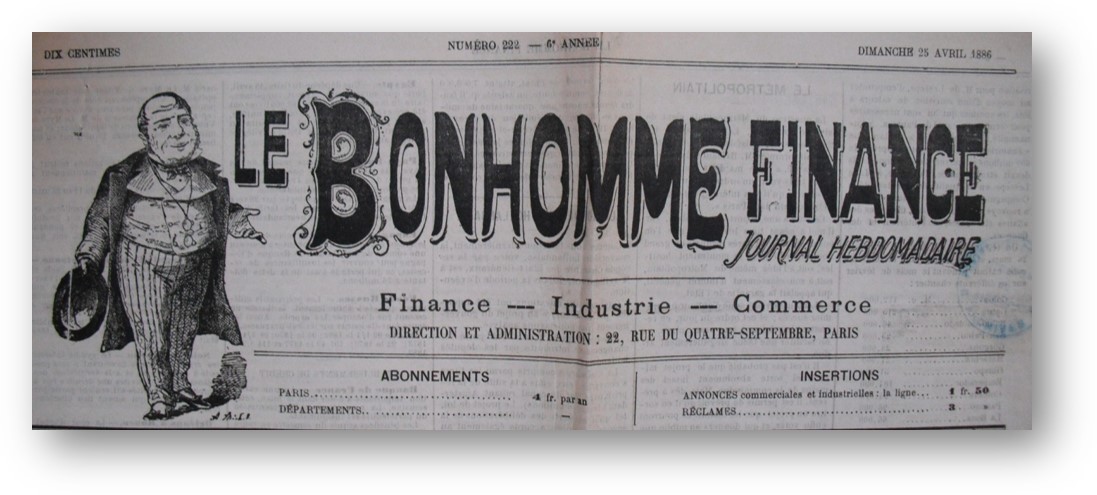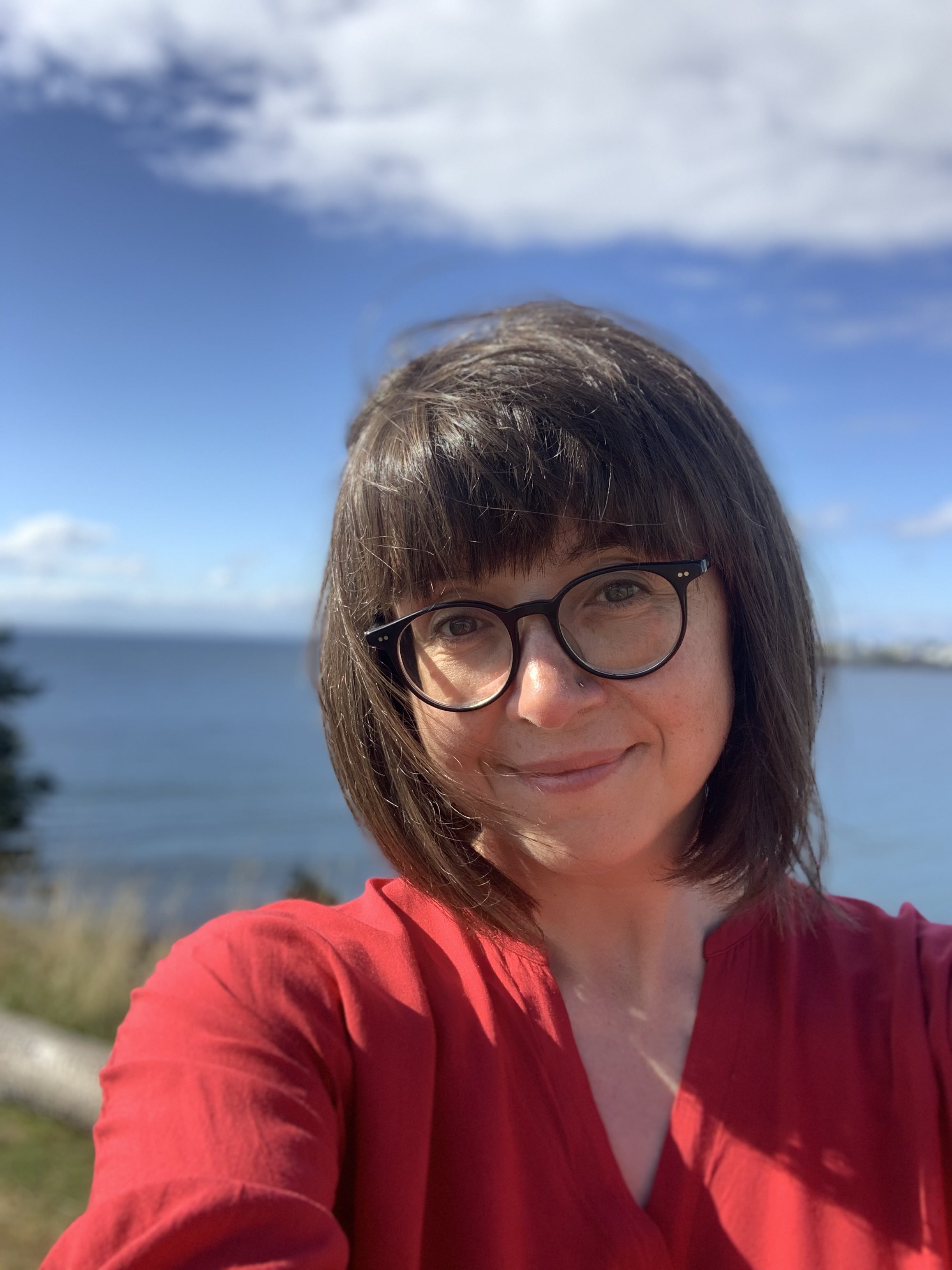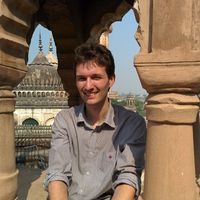
About
This project aims to reconstruct the world of the ordinary investor in one of the largest financial markets in the first era of global capital. Learning how ordinary individuals and families mediated finance, negotiating its terms and frameworks, means learning how such people became actors in a global political-economic system. A history that speaks upwards and outwards from the level of everyday financial experience is necessary to understand why and how mass investment could be made legible and legitimate, as well as to appreciate the limitations and unevenness of that process.
This new approach to the history and political economy of financial capitalism fundamentally shifts our understanding of its chronology, geography, and agents. Recapturing and centering the lives and portfolios of ordinary investors recasts traditional accounts of financial modernity that privilege the innovations of a few substantial capitalists, that take as a given that self-interested individuals are guided primarily by rates of return, or that would seek to explain the movement of capital predominantly in terms of the needs of capital itself.
Aims and Research Questions
France’s experience with modern financial markets allows us to answer key empirical questions central to understanding the political and cultural purchase of finance:
- Who was an investor, and how did membership in this group change over the tumultuous nineteenth century? What was women’s role as managers of wealth, and how did the contours of the rentier as a social identity and cultural category evolve?
- How was an investing class established? What were the salient institutional, discursive, and material transformations spurring this development?
- What was the role of demographic and geographic factors in popular financial practice? How did regions, and the rural-urban divide, matter to investment cultures?
- What are the consequences of a ‘democratized’ investing public for a nation’s political culture? In other words – how did mass investment and mass democracy intersect, and how did the small investor become a terrain of political mobilization and debate?
- How did international investment shape ideas of national identity, foreignness, and globalization? How did foreign investment ‘indigenize’ the global, while cementing notions of the local and national?
Methodological Priorities
- An investigation of financial practice ‘from below’ demands consistent interrogation of scales of analysis and spatial relationships. In moving from the village café to national banks, from transnational firms to international lobbying groups, this study takes the tension between different scales of historical experience as both a core theme and analytic lens.
- A consideration of emotion and embodiment – and consequently the history of emotions as a set of analytic tools – can change our appreciation of the history of economic life. This research contends that the spread and entrenchment – the routinization – of modern economic practices is, in part, an intimate and embodied process.
- Accounting for the diverse agents and ways of knowing at work in the construction of financial markets. Adding historical depth to the insights of social studies of finance, this project privileges the work of material goods and everyday ontologies of ordinary market participants.
Principal Investigator
Dr. Alexia Yates is Senior Lecturer in Modern History at the University of Manchester and can be reached at alexia.yates [at] manchester.ac.uk

Postdoctoral Researcher
Dr. Thomas Gidney is the project’s postdoctoral research fellow through September 2022. He completed his PhD in international history at the Graduate Institute in Geneva.

